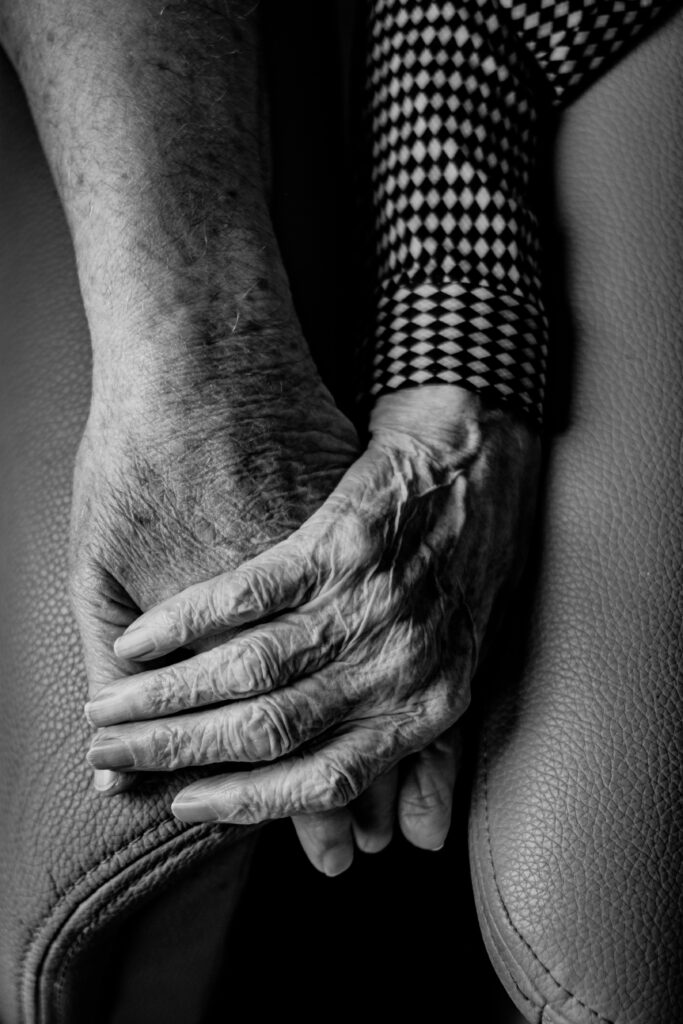Nursing home abuse is a tragic reality that affects thousands of elderly residents across the country. Whether it’s physical, emotional, or financial abuse, it’s essential for family members and caregivers to be vigilant in recognizing the signs and taking immediate action to protect their loved ones. In this article, we’ll explore the steps you can take to prevent nursing home abuse, how to identify warning signs and the legal actions you can pursue if abuse is suspected.
How to Prevent Nursing Home Abuse
- Thoroughly Research Facilities: Before choosing a nursing home for a loved one, take the time to research and visit multiple facilities. Ask questions about staff training, caregiver-to-resident ratios, and the facility’s policies for handling abuse complaints. Review online ratings and speak with current residents and their families to gauge satisfaction levels.
- Maintain Regular Contact: One of the most effective ways to prevent abuse is by maintaining frequent communication with your loved one and visiting them often. Residents who have regular contact with family are less likely to be targeted by abusers. During visits, observe your loved one’s physical and emotional condition and engage with staff to assess their responsiveness and professionalism.
- Create a Care Plan: Establish a clear care plan with the nursing home, outlining your loved one’s medical needs, personal preferences, and any specific concerns you have. Having a documented care plan ensures that staff members are aware of their responsibilities and are held accountable for providing adequate care.
How to Identify Nursing Home Abuse
Recognizing the signs of abuse is crucial in protecting nursing home residents. Abuse can take many forms, and it’s important to be aware of the warning signs in each category:
- Physical Abuse: Look for unexplained injuries such as bruises, cuts, burns, or broken bones. If your loved one is suddenly afraid of certain staff members or is reluctant to discuss their care, these could also be signs of physical abuse.
- Emotional Abuse: Emotional abuse can be harder to detect but may manifest as sudden changes in mood, withdrawal from social activities, depression, or fearfulness around certain caregivers. If your loved one becomes unusually anxious or refuses to speak in front of staff, emotional abuse may be occurring.
- Neglect: Neglect is a form of abuse that occurs when caregivers fail to provide necessary care, leading to poor hygiene, dehydration, malnutrition, or untreated medical conditions. Look for signs of uncleanliness, weight loss, or bedsores, all of which may indicate neglect.
- Financial Abuse: Elderly residents are often targets of financial exploitation, including theft of personal belongings, unauthorized charges, or manipulation into changing their will. Keep an eye on your loved one’s finances and watch for suspicious transactions or missing possessions.
Taking Legal Action Against Nursing Home Abuse
If you suspect that your loved one is a victim of nursing home abuse, it’s essential to take immediate action to protect their safety and hold the responsible parties accountable:
- Report the Abuse: Contact the facility administrator to report your concerns and request an internal investigation. In addition, file a complaint with state regulatory agencies, such as the Texas Department of Aging and Disability Services, which oversees nursing homes and investigates reports of abuse.
- Seek Medical Attention: Ensure your loved one receives immediate medical care if they have suffered physical injuries or neglect. Document all medical visits and obtain copies of medical reports that detail the extent of the injuries.
- Hire an Attorney: Consulting with an experienced nursing home abuse attorney is crucial for navigating the legal process and pursuing justice. An attorney can help you gather evidence, interview witnesses, and file a lawsuit against the nursing home or individual caregivers responsible for the abuse.
- Consider Relocation: If the nursing home is uncooperative or you have serious concerns about your loved one’s safety, it may be necessary to move them to a different facility. Work with your attorney to explore relocation options and ensure a smooth transition.
Conclusion
Nursing home abuse is a devastating violation of trust that can cause lasting harm to elderly residents. By staying vigilant, recognizing the signs of abuse, and taking swift legal action, families can protect their loved ones and ensure they receive the care they deserve. If you suspect nursing home abuse, consult with an attorney to explore your legal options and hold the responsible parties accountable.

